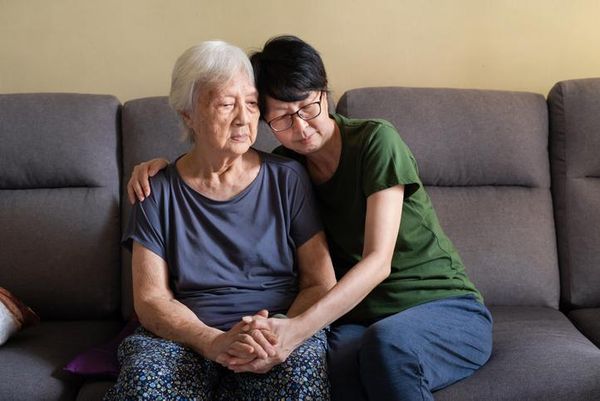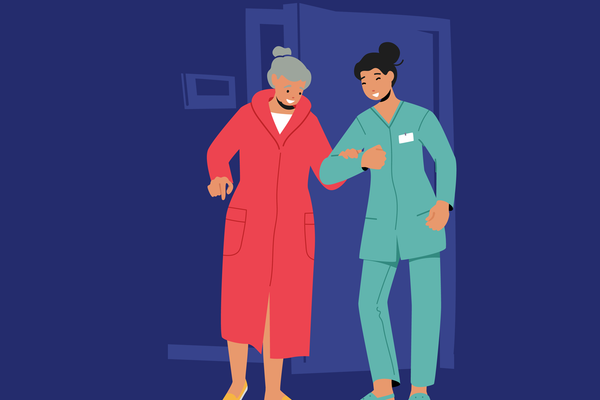Caregiving is a tough job, especially when the person you're caring for has an incurable condition like chronic obstructive pulmonary disease (COPD). But knowing what to do can be half the battle, so simply educating yourself on the illness and your responsibilities can help you feel better prepared for your duties.
COPD results when airways in the lungs no longer move air through the lungs normally. It's usually associated with an abnormal inflammatory response of the lungs to noxious particles or gases. This makes breathing more difficult, often leading to shortness of breath, a chronic cough and mucus production. The mucus can block airways, making breathing even more difficult. COPD symptoms are usually progressive and not fully reversible, but they can be treated.
To keep the person's inflammatory responses to a minimum, you'll want to be sure that your home has minimal amounts of smoke, dust, fragrances and chemicals that emit fumes. This may mean that you will need to avoid using your fireplace or wait to clean the house until the person you are caring for is out of the home, but the minor inconvenience may do much for the person's lung health.
Another thing you can do to improve air quality is get a humidifier, because dry air can make the symptoms of COPD worse. This is especially important in the winter when the heat is on and air tends to be devoid of moisture.
If the person you are caring for has impaired mobility, try to keep essential items—like food and hygiene products—in areas that are centralized and easy to access. You may want to look into having a home elevator installed; it can be a significant aid to an individual who struggles with stairs.
In addition to promoting a COPD-friendly household, you will need to help the person with COPD lead a healthy lifestyle and stick with his or her treatment plan.
One important aspect is encouraging pulmonary rehabilitation, which is counseling that can help a COPD patient increase the strength of breathing muscles. Attending these therapy sessions with the person you're caring for may be helpful because it will demonstrate your support and dedication, as well as allow you to assist the person in performing the exercises.
You may also need to help the person with COPD take medication as instructed. This may involve you personally administering the drugs, or making charts to ensure correct dosages are being taken at the appropriate times.
Attending medical appointments with the person you are caring for and taking notes can help ensure that instructions are followed properly. This is especially important when a health care professional is explaining how to use equipment like a nebulizer or a handheld bronchodilator inhaler.
If you notice that the person you are caring for is experiencing more trouble than usual when breathing, increased chest pain, more mucus production, cramping, swelling, fatigue or sleeping problems, you should contact the doctor.

Caregiving: Assisting Individuals With COPD
Mar 22, 2012
Jun 25, 2024
Chronic Obstructive Pulmonary Disease (COPD)





